To overcome the "delay" in promulgating legal documents with practical requirements and demands, the draft Law on Promulgation of Legal Documents (amended) has proposed 2 groups of solutions.
According to the program, at the 9th Extraordinary Session, the National Assembly discussed and approved the draft Law on Promulgation of Legal Normative Documents (amended). This is a particularly important draft Law, affecting the construction and completion of the entire legal system.
Ensuring flexible, timely policy response
Deputy Minister of Justice Nguyen Thanh Tinh said that on January 20, 2025, the Politburo issued Conclusion No. 119-KL/TW on the orientation for innovation and improvement of the law-making process, clearly stating 7 contents that need to be institutionalized in the process of developing the draft Law on Promulgation of Legal Normative Documents (amended).
That is to ensure the comprehensive and direct leadership of the Party in law-making work; strongly innovate the thinking of law-making; continue to simplify the legal system, clearly define legislative and rule-making authority; strongly innovate the construction of the National Assembly's legislative program in the direction of having both a long-term strategy and orientation, and a flexible annual program that closely follows practical life.
In addition, continue to innovate and improve the process of drafting and promulgating legal documents to ensure democracy, professionalism, science, timeliness, feasibility, efficiency, transparency, accessibility, ease of application in practice, and time and cost savings. At the same time, continue to promote the role of the Vietnam Fatherland Front, socio-political organizations and people in proactively and actively participating in law-making; developing human resources; promoting digital transformation, applying artificial intelligence (AI) in law-making, etc.
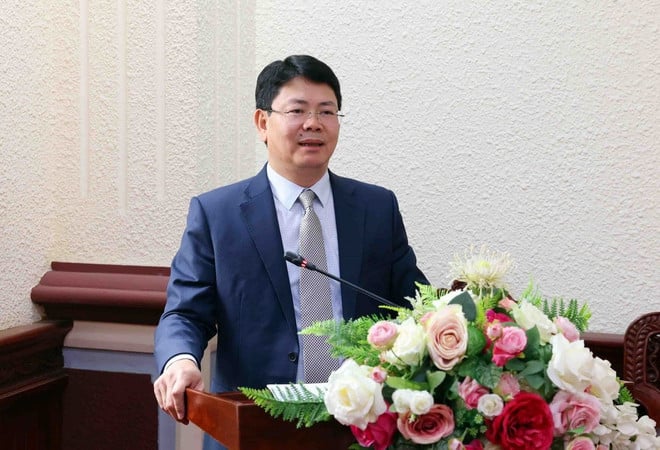
According to Deputy Minister Nguyen Thanh Tinh, the Ministry of Justice has focused all resources on researching and developing the draft Law on Promulgation of Legal Documents (amended). The draft Law is structured into 8 chapters and 72 articles (9 chapters and 101 articles less than the Law on Promulgation of Legal Documents 2015), including very fundamental innovations, with contents of a "breakthrough" nature in the law-making process.
To overcome the "delay" in promulgating legal documents with practical requirements and demands, the draft Law has proposed 2 groups of solutions.
That is to fundamentally innovate the process of formulating a law-making program to ensure flexibility and timely policy response. Specifically, separate the policy-making process from the annual legislative program to assign the Government or the submitting agency the responsibility of researching and approving policies as a basis for legalizing legal documents before submitting them to the National Assembly.
The National Assembly assigns the National Assembly Standing Committee to decide on the annual legislative program according to the principle of only including in the program projects whose quality is guaranteed by the Government or the submitting agency.
Regarding the process of passing legal documents, the draft Law stipulates the process of passing laws in one session. At the same time, it clearly stipulates, simplifies the process, shortens the procedure and supplements the process of passing documents in special cases for projects and draft documents dealing with urgent and important national situations after receiving comments from the Politburo to promptly resolve issues arising related to national and ethnic interests.
Closely linking law-making and law enforcement
The Deputy Minister of Justice said that Conclusion No. 01-KL/TW of the 11th Politburo stated that the organization of law enforcement is still a "weak link," failing to promptly meet the practical requirements of building and perfecting the socialist rule-of-law state.
The Draft Law stipulates a completely new chapter, which is the chapter on Organization of the implementation of legal documents; stipulates the close connection between law-making and law enforcement; establishes a mechanism to regularly evaluate the effectiveness of the implementation of legal documents after promulgation to promptly identify and effectively handle conflicts, overlaps, inadequacies, and "bottlenecks" caused by legal regulations.
At the same time, it stipulates the responsibilities of state agencies, organizations and competent persons within the scope of their functions, tasks and powers to organize implementation and report or provide information on implementation according to the provisions of law.
The Draft Law also inherits the provisions in Chapter XV and Chapter XVI of the current Law and amends and supplements a number of contents on supervision, inspection, handling, consolidation, codification, review, and systematization of the national database on laws (including clearly stipulating the subjects of inspection, authority, methods, and bases for conducting document inspection, the contents of document inspection, handling of responsibilities when issuing illegal documents and remedying consequences; supplementing regulations on self-inspection of documents issued by the Government and the Prime Minister...).
In addition, recent practice has shown that in the process of organizing the implementation of legal documents, many provisions in sub-law documents have different interpretations, requiring guidance from competent authorities to ensure uniform application. However, the current Law does not have specific provisions on this issue, leading to difficulties in determining the authority and responsibility for guidance, and in many cases, it may lead to evasion and shirking of responsibility by the implementing agencies as well as the agencies guiding the application of legal documents.
Therefore, the draft Law supplements regulations on guidance on the application of legal documents. The purpose of the guidance is to ensure that agencies and organizations correctly understand and unify the provisions in legal documents.
Agencies and organizations can base on the content of the guidelines to decide on the application of the law for each specific case and are responsible for their application of the law. This helps to quickly handle practical issues and does not cost money and human resources to amend and supplement legal documents.
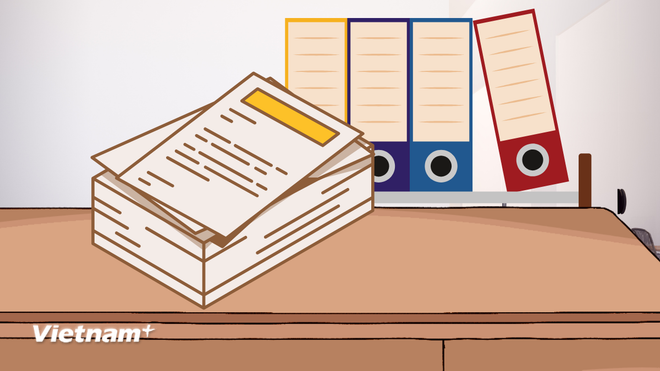
Policy consultation is also a new content stipulated in the draft Law. The drafting committee has clarified the concept of policy consultation, which is the policy-making agency working directly with agencies and organizations, including those specifically regulated by law, to discuss solutions to overcome difficulties and obstacles of current legal regulations, affecting development, affecting the implementation of rights and legitimate interests of people and businesses...
Deputy Minister Nguyen Thanh Tinh pointed out that the policy consultation process in the draft Law shows that policy making cannot be closed; determining the responsibilities of policy makers must be more thorough, respecting objective factors more; respecting the subjects, the objects affected, and relevant agencies...
"Policy consultation is a very common practice in many countries, but in Vietnam, it has only recently been officially regulated in the draft Law. This is a new and very practical regulation that requires the efforts and determination of policy research agencies in the upcoming implementation. From there, policies will truly become popular solutions, consistent with development goals, creating consensus and facilitating the attraction of all resources from the people and the business community," Deputy Minister Nguyen Thanh Tinh emphasized./.
Source: https://www.vietnamplus.vn/khac-phuc-do-tre-cua-viec-ban-hanh-van-ban-phap-luat-voi-yeu-cau-thuc-tien-post1011849.vnp































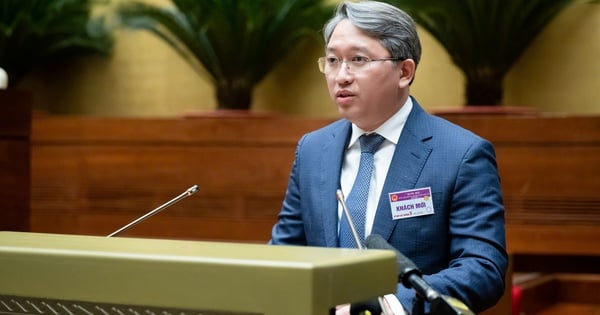



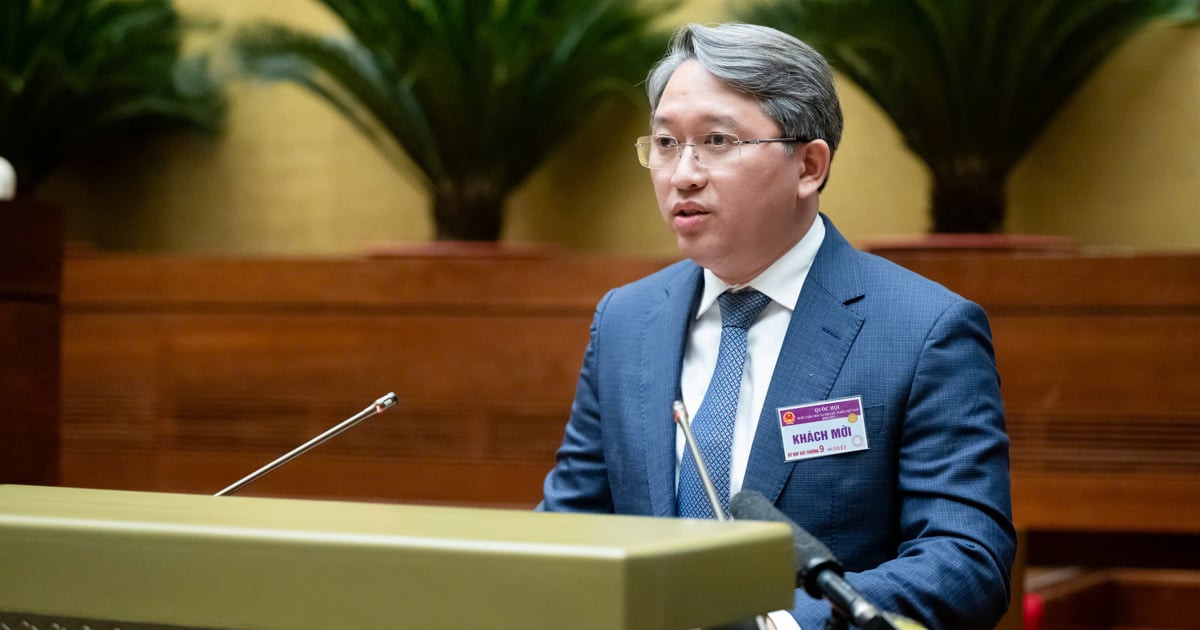



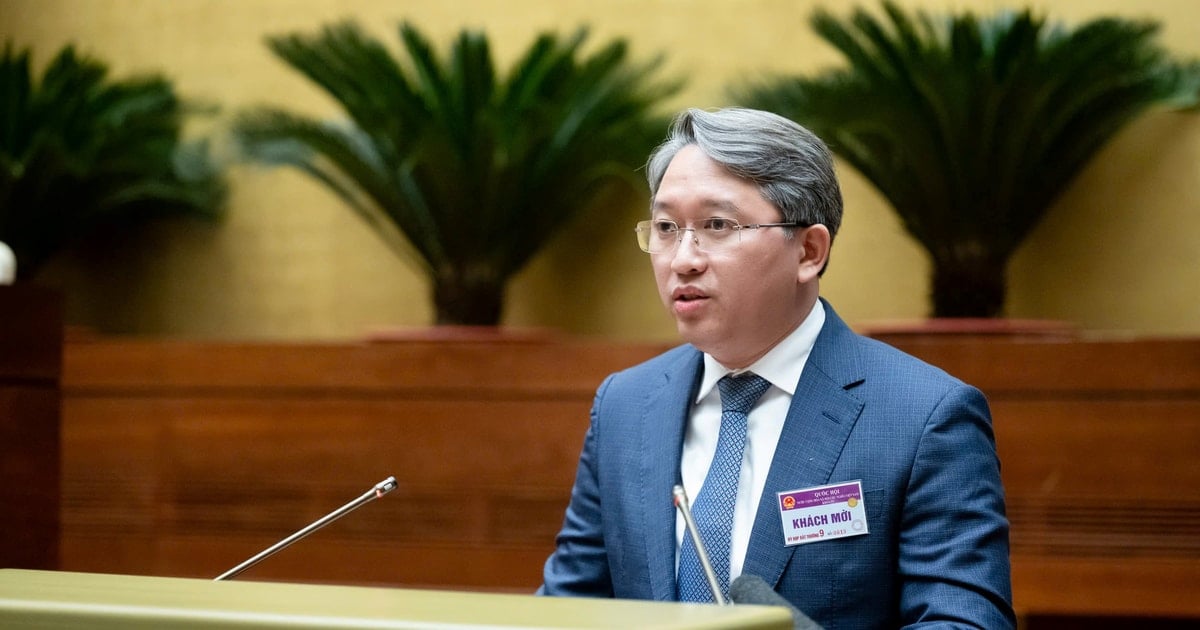

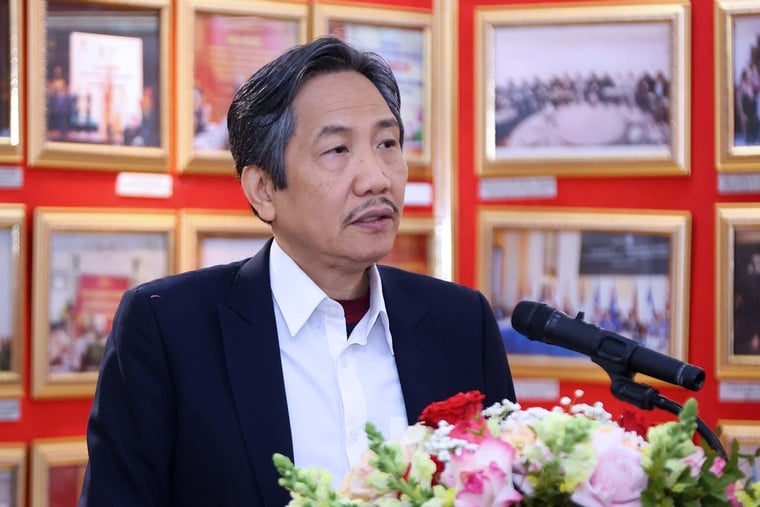

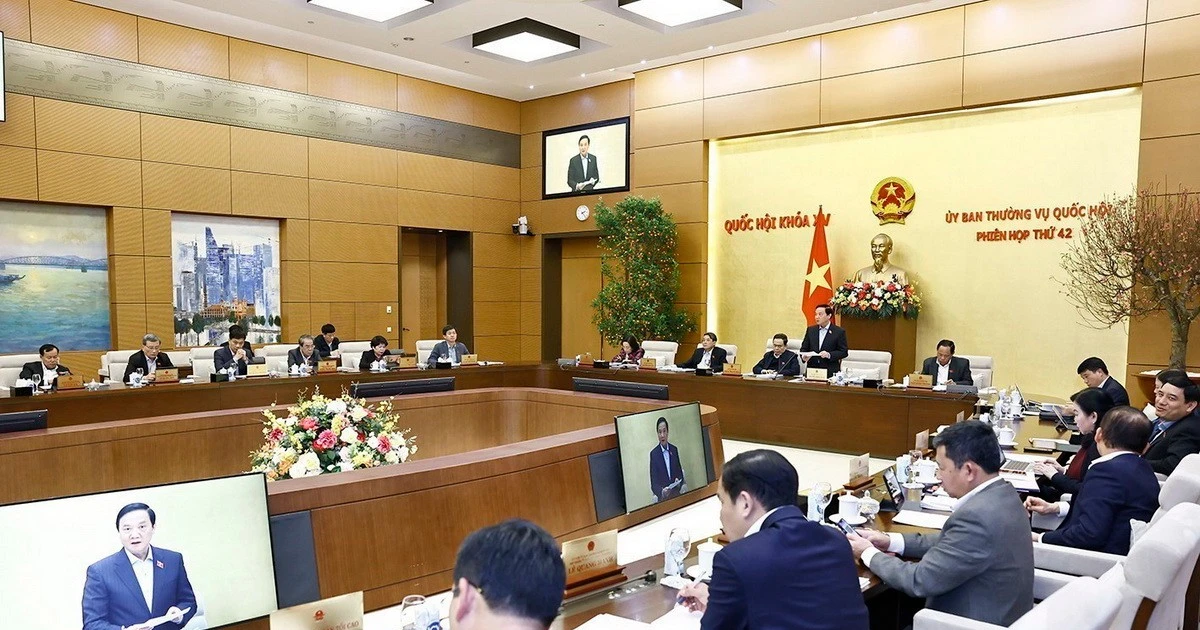



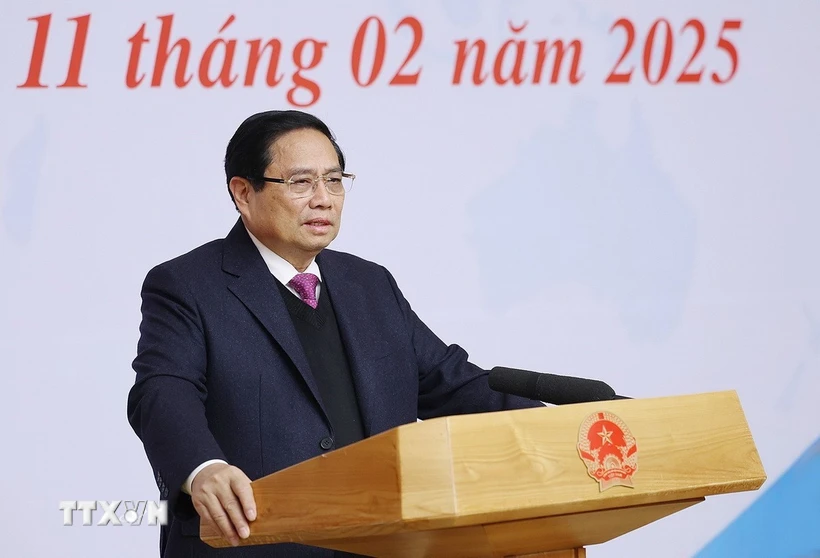













Comment (0)